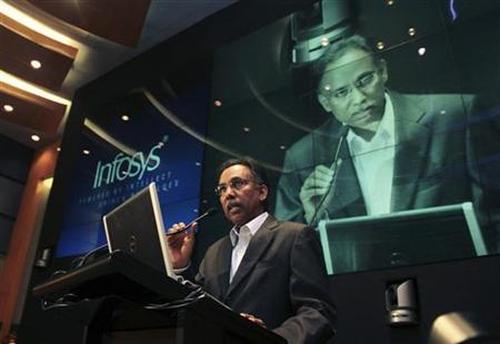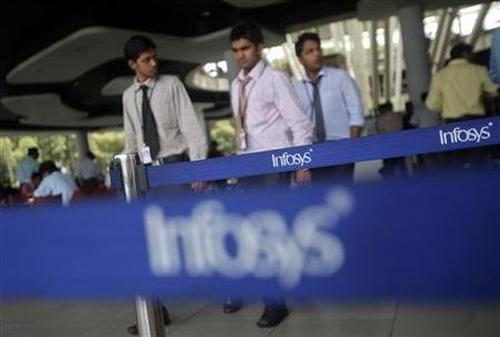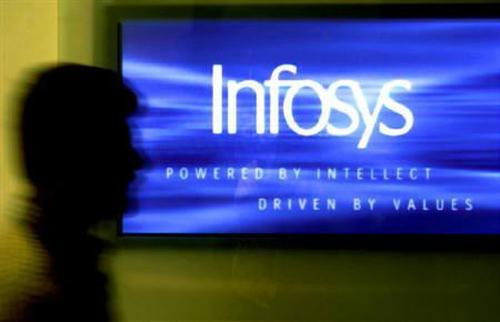
Infosys has tried for a long while to maintain its prices and margins, even if this hits growth. This seems to be changing.
In a recent analysts meet, many noted the management had finally turned aggressive on pricing to drive volume growth.
Basab Pradhan, head of sales and marketing, confirmed to JP Morgan on the change in strategy. "Pradhan explicitly confirms that the company has turned aggressive on pricing to drive volume growth, primarily in traditional IT (information technology) services. Also, the company is much more flexible in negotiations with clients on various issues such as contract structuring," said analysts Viju George and Amit Sharma of JP Morgan Asia Pacific Equity Research.
There is a perception among clients that Infosys is very hard to negotiate on several issues, including price. Pradhan agreed such a perception existed but said steps were being taken to change it.
As part of this, the company has tweaked its sales and marketing strategy. The team is now made to focus more on Fortune-2000 companies.
...

Accordingly the company has changed the incentive system. "In the earlier system, the commission/incentive system rewarded the sales employee for 18 months of revenues generated from a particular account he opened, which motivated him to focus on near-term revenues from the account than its long-term potential. The company has changed this system to enhance focus on Global-2000 accounts with long-term revenue potential," said the JP Morgan note.
Bhuvnesh Singh and Vaibhav Dhasmana of Barclays Equity Research also stated in a note that the company was decentralising decision making towards deal teams and implementing stronger controls to plan the demand and hiring cycles.
"They are decentralising decision making towards business and vertical heads and away from the CEO/CFO office. The company is also setting up systems and mechanisms to better match demand against hiring, considering the 18-month lag between hiring and actual flow of business," said Singh and Dhasmana.
The JP Morgan note says Infosys is trying to do what peers already are. But it's still positive for Infosys, as it will now focus on winning deals, which it was not able to do due to pricing constraint or faster turnaround time.
...

The other significant fallout will be on the margins. Infosys' senior leadership has held on to the view that higher value business is important for higher margins. But with a focus on the volumes market, it appears Infosys is ready to compromise on margins.
Its Ebit (earnings before interest and taxes) margins have already declined by 350 basis points over the past two quarters (from 29.8 per cent in the fourth quarter of FY12 to 26.3 per cent in the second quarter of FY13), despite the fact that Infosys gave no wage rise during this period.
According to a Nomura Equity Research note, the Ebit margin is forecast to go down from 29 per cent for FY12 to 26.6 per cent for FY13, and 25.9 per cent for FY14.
The shift in strategy is significant as the next two quarters will see a large amount of legacy contracts coming for renewal.
According to ISG-One's TPI-Index, the US is becoming a predominantly restructuring-based market. For the year-to-date period, the restructured market grew from $1.5 billion to $2.4 billion on a year-on-year basis.